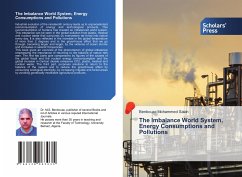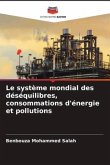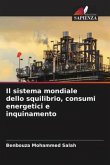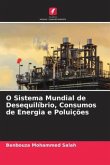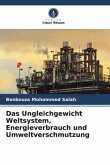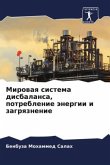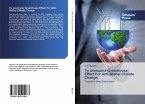Industrial evolution of the nineteenth century leads us to unprecedented overconsumption of energy and technological products. This overconsumption of humans has created an imbalanced world system. This imbalance can be seen in the global pollution from plastic, medical and nuclear waste that surrounds us everywhere we throw into nature every day. It is also reflected in the increase in the global temperature of more than 2 degrees and in the greenhouse effect that we go through, becoming larger and larger, by the violence of ocean storms and increases in seismic frequencies.This book gives an overview of the phenomenon of global imbalance emphasizing the importance of returning to the balance of nature with man. The first two parts give comparisons by figures of the causes of the global fossil and the nuclear energy overconsumption and the global increase in Carbon dioxide emissions CO2, plastic, medical and nuclear waste. The third part, purposes solutions to return to the balance of the system and to reduce the greenhouse effect by consuming ecological electricity, by increasing irrigable and forest areas by avoiding genetically modifiable agricultural products.

